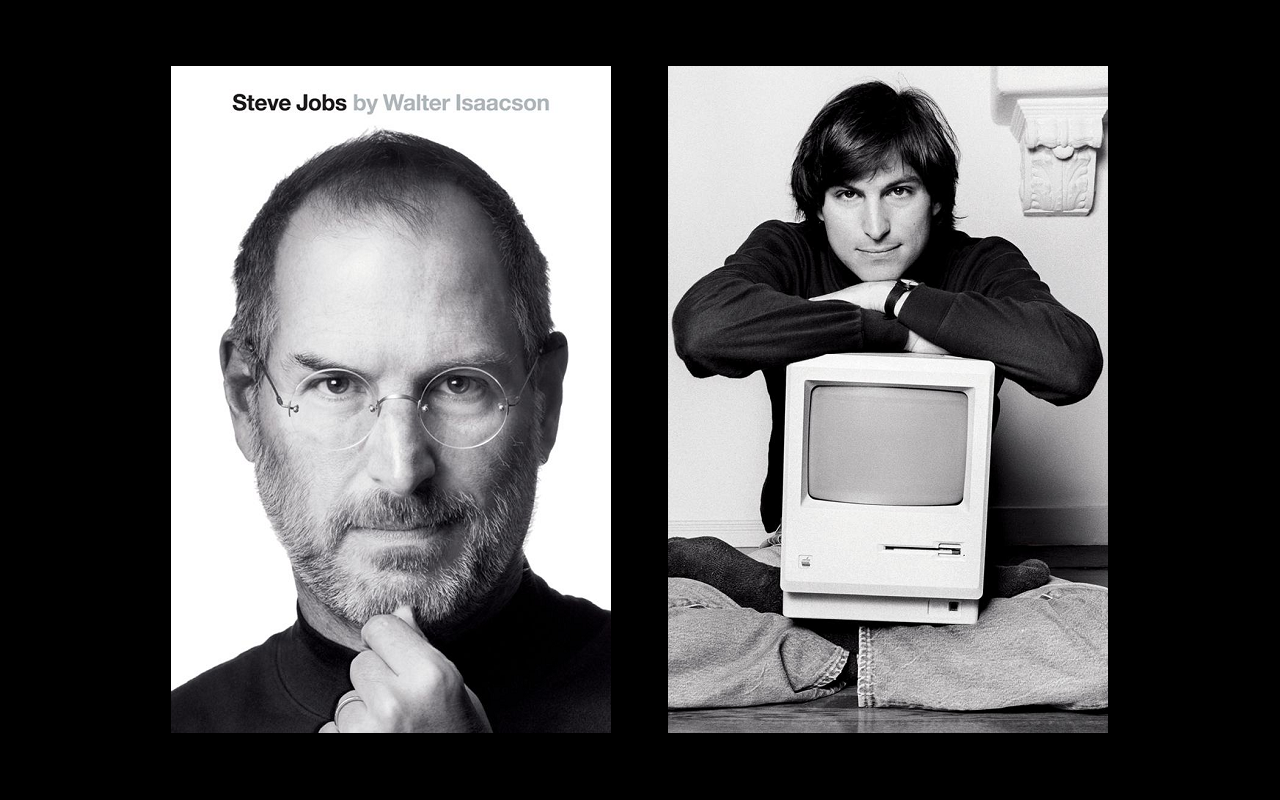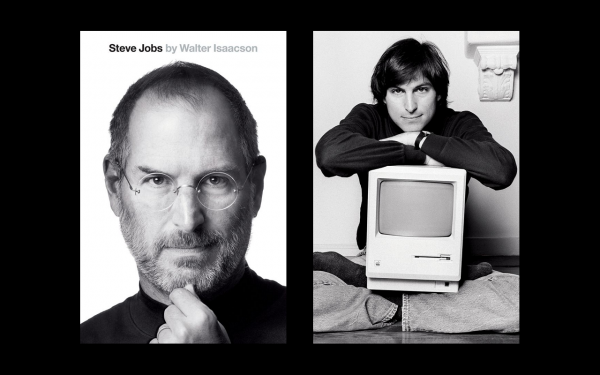Jobs applied only to Reed College, a liberal arts school in Oregon. He got in, but then dropped out after a year. He learned typography there, which was among many dots he connected in designing the Mac. He went to India and stayed there for seven months to practice Zen, and had kept his practice since he came back. One of the book he read and kept rereading was Autobiography of a Yogi. His devotion to Zen Buddhism probably produced his mesmerizing and/or terrifying unblinking stare that characterized his intense personality. Most of all, his broad experience in life honed his intuitions:
“Jobs also became deeply influenced by the emphasis that Buddhism places on intuition. ‘I began to realize that an intuitive understanding and consciousness was more significant than abstract thinking and intellectual logical analysis,’ he later said.”
The story about the effect of Zen Buddhism on intuition could sound far-fetched. One story that relates everyone’s daily experience on intuition more than anything else is music. As Isaacson puts it “At the heart of the problem [piracy in music industry] was a chasm between people who loved technology and those who loved artistry. Jobs loved both, as he had demonstrated at Pixar and Apple, and he was thus positioned to bridge the gap.”
” When I went to Pixar, I became aware of a great divide. Tech companies don’t understand creativity. They don’t appreciate intuitive thinking, like the ability of an A&R guy at a music label to listen to a hundred artists and have a feel for which five might be successful. And they just think that creative people just sit around on couches all day and are undisciplined, because they’ve not seen how driven and disciplined the creative folks at places like Pixar are. On the other hand, music companies are completely clueless about technology. They think they can just go out and hire a few tech folks. But that would be like Apply trying to hire people to produce music. We’d get second-rate A&R people, just like the music companies ended up with second-rate tech people. I’m one of the few people who understand how producing technology requires intuition and creativity, and how producing something artistic takes real discipline. “
Charles P. Snow gave a lecture in 1959 on the divide between humanities and sciences, titled The Two Cultures. I feel such a divide and am wondering what I can do about it.

